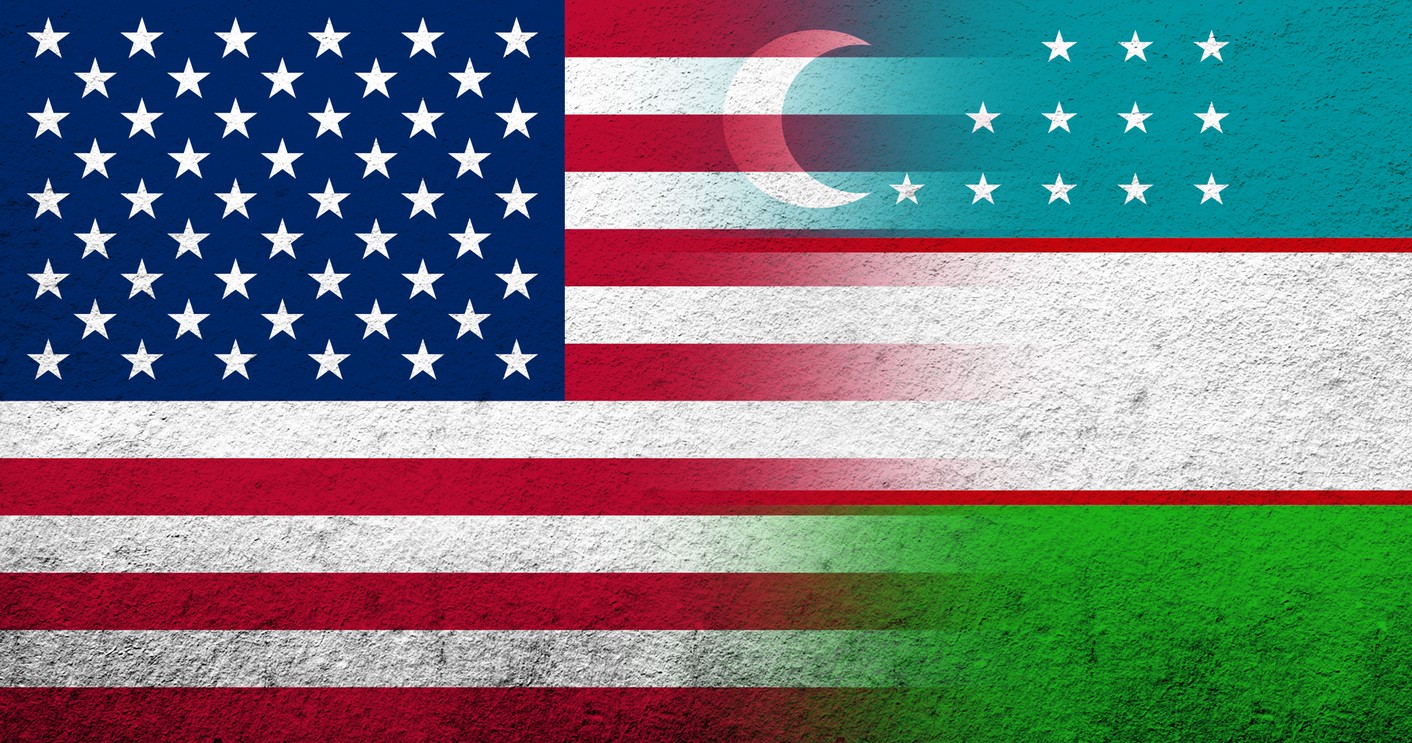Daniel Runde, a senior vice-president at the Washington, D.C.-based think tank the Center for Strategic and International Studies (CSIS), has called on American politicians to strengthen the U.S.’s relations with Uzbekistan.
He believes that Uzbekistan, a key partner for the United States in Central Asia, deserves more attention from the West. With Russia’s invasion of Ukraine and growing competition with China, the U.S. could strengthen ties with Uzbekistan to promote regional stability and counterbalance Russian and Chinese influence.
“Uzbekistan seeks more engagement with the United States through bilateral efforts and the “C5+1” (the five Central Asian countries plus the United States) diplomatic platform. We might never become Uzbekistan’s best friend. However, we could become better and more reliable friends. Uzbekistan has five bordering countries, and at one point in the early 2000s, it considered the United States its ‘sixth neighbor,’” Runde mentioned. “When the U.S. government was active in Afghanistan, we supported Uzbekistan’s efforts to develop its economy and invest in its security. With our disengagement from Afghanistan, we need to look at Uzbekistan as the valued partner that it could be and re-engage. We should work towards the day that Uzbekistan considers the United States its ‘sixth neighbor’ again.”
According to Runde, there are several goals that the US could assist Uzbekistan in achieving. While some are significantly more difficult to handle, others are relatively straightforward:
1) Uzbekistan wants U.S. support to join the World Trade Organization (WTO), a goal it has pursued for almost 30 years. The U.S. has provided some technical help, and during a recent visit, U.S. Trade Representative Katherine Tai reaffirmed America’s support. For further progress, Uzbekistan could benefit from greater involvement from U.S. institutions like the Development Finance Corporation (DFC), Export-Import Bank (EXIM), and U.S. Trade and Development Agency (USTDA) to strengthen trade ties with the U.S.
2) Uzbekistan and other Central Asian countries want the U.S. to repeal the Jackson-Vanik Amendment, which restricts regular trade with them. This amendment, initially targeting Soviet-era policies, is now outdated and seen as disrespectful, as it treats these nations as if they are still part of the Soviet Union. Repealing it would show that the U.S. respects their independence and is ready to treat them as equal partners. “Jackson-Vanik now restricts normal trade relations with several existing and former nonmarket economies, including Uzbekistan. For countries like Uzbekistan, Jackson-Vanik is a sign of disrespect that encourages them to take their business to China, Russia, Turkey, or the Gulf,” Runde argues.
3) He notes that many developing countries, including Uzbekistan, would like to see Congress successfully renew the Generalized System of Preferences (GSP), a trade preference program. “The GSP benefited many developing countries by providing duty-free treatment for their products. With the absence of this program, trade volumes between Uzbekistan and the United States have not been as impressive as they might have been. Compare U.S. trade with Uzbekistan and Uzbekistan’s trade with China, Russia, or the EU. The lapse of the U.S. GSP has had a real impact on our influence in places like Uzbekistan.” As explained by Runde, in countries like Uzbekistan, not renewing the U.S. GSP program signals that the U.S. doesn’t care about them. Without this program, Uzbekistan is more likely to trade with China or Europe.
4) “One way or the other, it is in the United States’ interest to be seen as helping Uzbekistan sort out its logistics and connectivity issues,” Runde states. Uzbekistan is a quickly growing country with an enormous industrial base and abundant mineral reserves. Strengthening U.S. ties with Uzbekistan and Central Asia is beneficial, regardless of U.S. elections.
5) The U.S. could have had a Bilateral Investment Treaty (BIT) with Uzbekistan. Still, it was delayed due to issues in 2005 when the Uzbek government crushed riots in a regional city and retaliated by kicking the U.S. out of the “K2” military base used for the Afghan War. From Runde’s point of view, a new administration might revive and complete the BIT.









